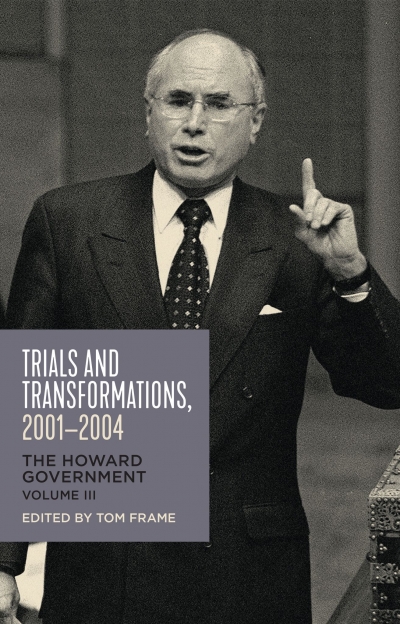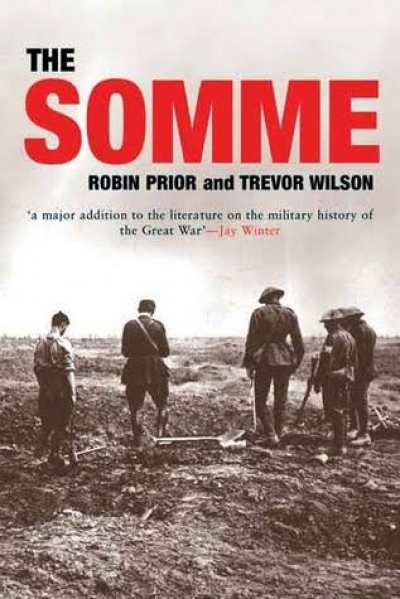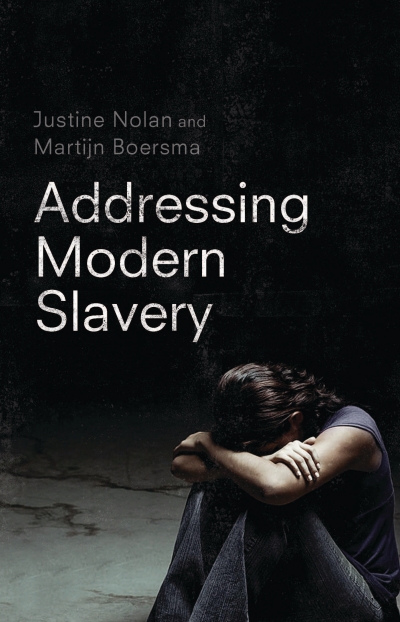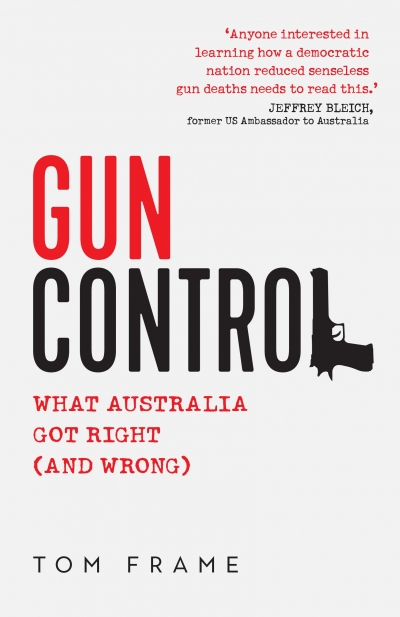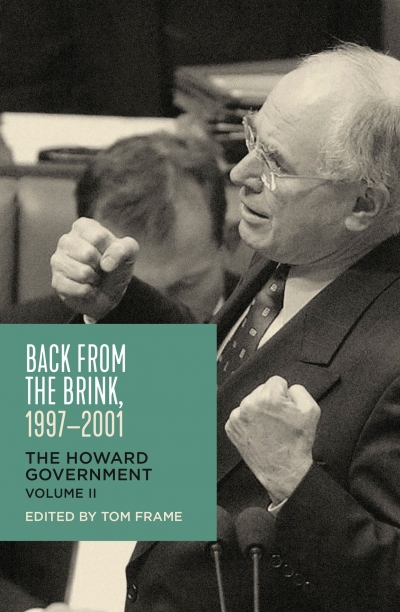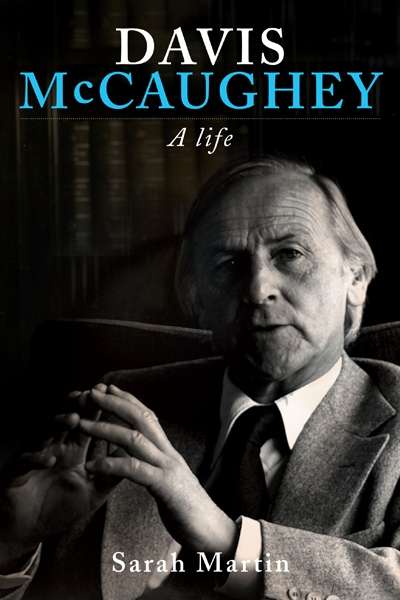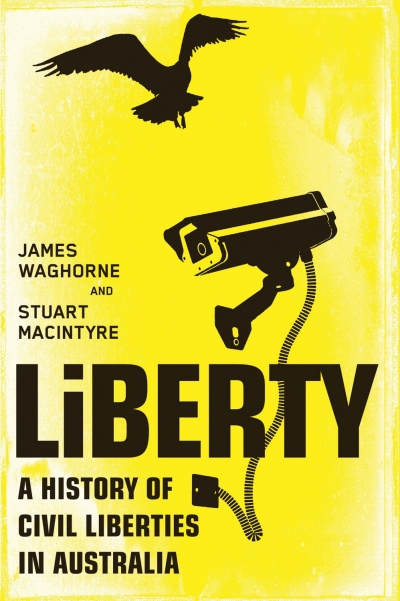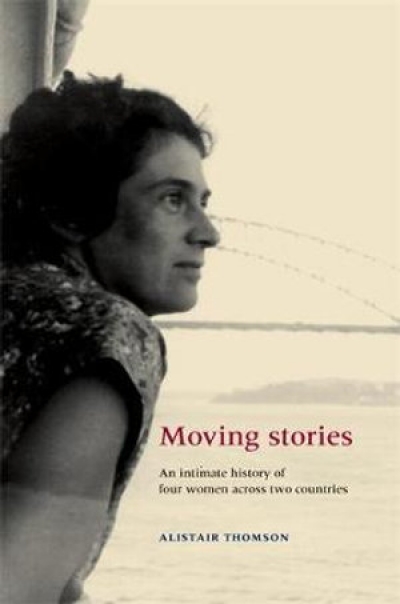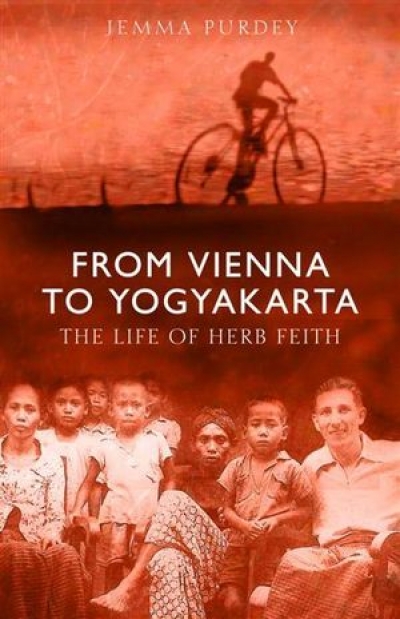UNSW Press
Trials and Transformations, 2001–2004: The Howard government, Volume III by Tom Frame
by Lyndon Megarrity •
Addressing Modern Slavery by Justine Nolan and Martijn Boersma
by Sayomi Ariyawansa •
Gun Control: What Australia got right (and wrong) by Tom Frame
by Kieran Pender •
Back from the Brink, 1997–2001: The Howard Government Volume II edited by Tom Frame
by Lyndon Megarrity •
Davis McCaughey: A Life by Sarah Martin
by Chris Wallace-Crabbe •
Burning Issues: Fire in Art and the Social Imagination by Alan Krell
by Peter Hill •
Liberty: A History of Civil Liberties in Australia by James Waghorne and Stuart Macintyre
by Terry Lane •
Moving Stories: An Intimate History of Four Women Across Two Countries by Alistair Thomson
by Penny Russell •
From Vienna to Yogyakarta: The Life of Herb Feith by Jemma Purdey
by Joan Grant •

